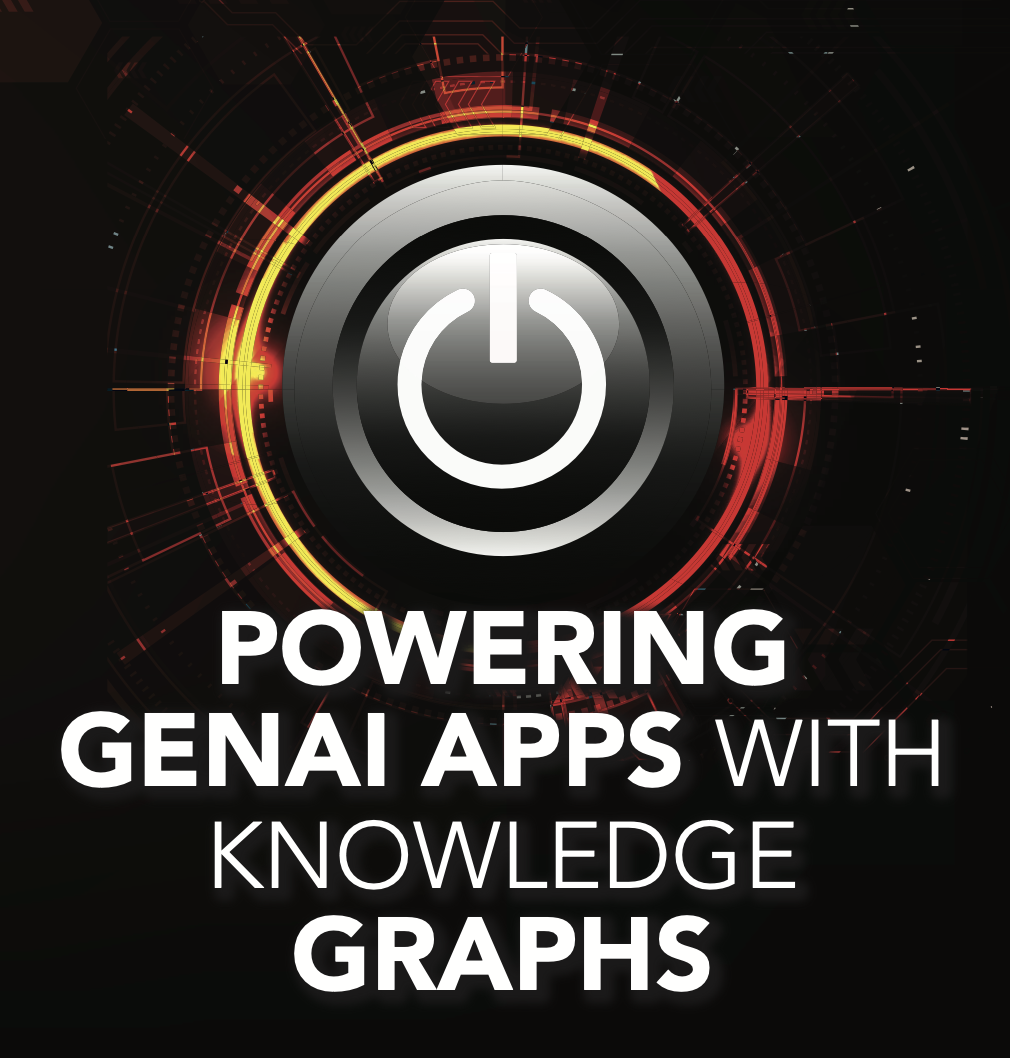
- 5 November, 2021
KMWorld – Putting intelligent search to work
Dr. Jans Aasman was interviewed for this KMWorld article.
Cognitive search The implications of this trivial example are considerable for enterprise search users. It indicates that effective  search is based on understanding basic attributes such as who the user is, what he or she is looking for, and how that meaning is conveyed in the specific language of searches. All of this knowledge initially stems from organizations’ end users, their terminology, and specific business objectives. “You always start with a question from someone in the business, because these NLP [natural language processing] people have no clue what is important to the business,” Franz CEO Jans Aasman said. Frequently, the various knowledge about users, their goals, and the hierarchical concepts relevant to them are stored in knowledge graphs.
search is based on understanding basic attributes such as who the user is, what he or she is looking for, and how that meaning is conveyed in the specific language of searches. All of this knowledge initially stems from organizations’ end users, their terminology, and specific business objectives. “You always start with a question from someone in the business, because these NLP [natural language processing] people have no clue what is important to the business,” Franz CEO Jans Aasman said. Frequently, the various knowledge about users, their goals, and the hierarchical concepts relevant to them are stored in knowledge graphs.
………
Intelligent search
The cognitive computing underpinnings for conversational interactions with search systems are as broad as this discipline itself. Rapidly parsing natural language questions for apposite search answers involves a variety of approaches. “It’s speech recognition, taxonomies, entity extraction, rule-based processing, reductions, and machine learning,” Aasman said. “It’s a mix of statistic and non-statistic approaches—because you care about what you’re solving; you don’t really care what solves it.” These are some of the plentiful approaches involved in intelligent search:
♦ Deep neural networks: These machine learning models epitomize the statistical method Aasman referenced.
Read the full article at KMWorld.







